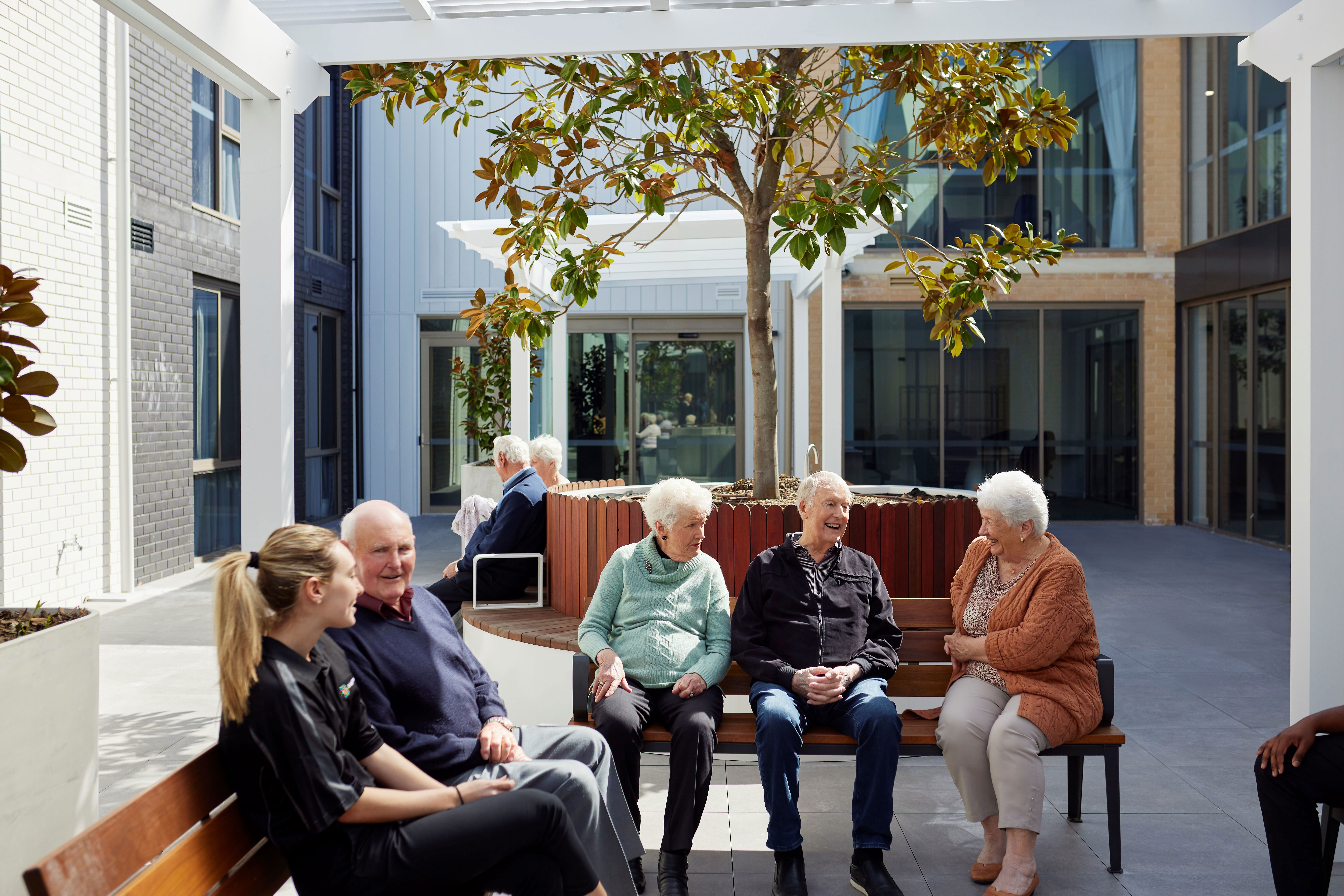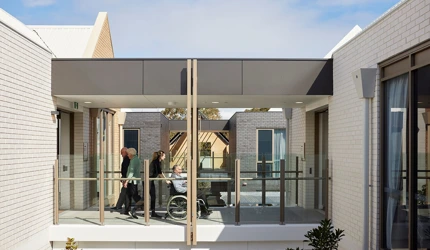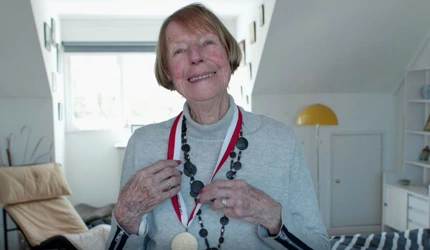
It’s a simple question, with a complicated answer. How much does residential aged care cost?
Different providers charge different amounts depending on their location and the services provided. But how much you need to pay, and how you pay it, can make it complicated.
In this article we attempt to answer the deceptively simple question, ‘how much will I pay for residential aged care?’
There are a lot of acronyms when it comes to aged care fees, check out our quick guide here.
The cost of residential aged care varies depending on the prospective resident’s income and assets, level of care, date of entry and whether they are a pensioner. The rates are reviewed regularly by the Commonwealth Department of Social Services (DSS).
The costs includes 3 parts:
- Basic Daily Fee (BDF)
- Means Tested Care Fee (if applicable)
- Accommodation Payments (if applicable)

Basic Daily Care Fee (BDF)
The basic daily care fee is paid by all residents. It typically equates to 85% of the full single age pension. The standard fee is often payable in advance on a monthly basis, from the date of admission. At the time of publication this is $60.86 per day.
This BDF contributes to the day-to-day costs of residential aged care. Items such as meals, cleaning, and facilities management.
Means Tested Care Fee
The means tested care fee is a daily fee applied by Centrelink. It is based on a prospective resident’s assessable income and is determined by applying the same rules used by Centrelink for pension purposes.
My Aged Care provides a handy calculator to provide an approximate fee. However, DSS will confirm your final means tested care fee in a confirmation letter.
A note on the family home:
A family home will be exempt from any means testing whilst a ‘protected person’ still resides in the home. A protected person includes a spouse or dependent adult child. Even if a family home is counted as an assessable asset, only the first $197,735.20 is taken into account.
Accommodation Payments
There are three different ways you can pay for the accommodation portion of residential aged care. Each is payable from the day of admission.
Refundable Accommodation Deposit (RAD)
A RAD is a lump sum (one-off) payment made by a prospective resident as they enter residential aged care. As inferred in the name, the balance of the deposit is refunded to the resident (or their estate) when they leave the residential aged care home. This may be less any amounts used to pay for any agreed extra costs, for example any extra services or care needs.
Daily Accommodation Payment (DAP)
The DAP is calculated by converting the RAD into a daily charge and paid periodically. It also includes the Maximum Permissible Interest Rate (MPIR) which is a government-set interest rate used by residential aged care providers to calculate the DAP. The MPIR is set at the time of admission and does not change.
You can find the up-to-date interest rates from the Department of Health.
A combination of a RAD and DAP
Prospective residents can also elect to pay a combination of a RAD and DAP. Residents paying this way can elect to pay the DAP or any other fees using the money paid into the RAD.
This reduces the total RAD, which means the aged care provider can increase the DAP to compensate for the reduce RAD balance.
Residents have up to 28 days after moving into a residential aged care home to decide how to pay for their accommodation payment. This choice needs to be made in writing. Until a decision is made, a default DAP payment option is applied.
For prospective residents with assets worth above $58,500 and below $197,735.2, and with an income of less than $32,331, the accommodation will be calculated by the Department of Health. This accommodation payment is classified as a contribution and called a daily accommodation contribution. There is also a maximum accommodation threshold applied which can be paid as a lump sum (resident accommodation contribution).

Some aged care providers may also include an additional services fee. You can discover more information on additional services here.
We also have a handy guide on the income and asset assessment available here.
Brightwater’s own residential aged care homes offer differing RADs depending on the home. Click here to find out more about different Brightwater homes.
If you would like more support to make residential aged care fees simpler
Give us a call on 1300 223 968 or email [email protected].
Contact us


